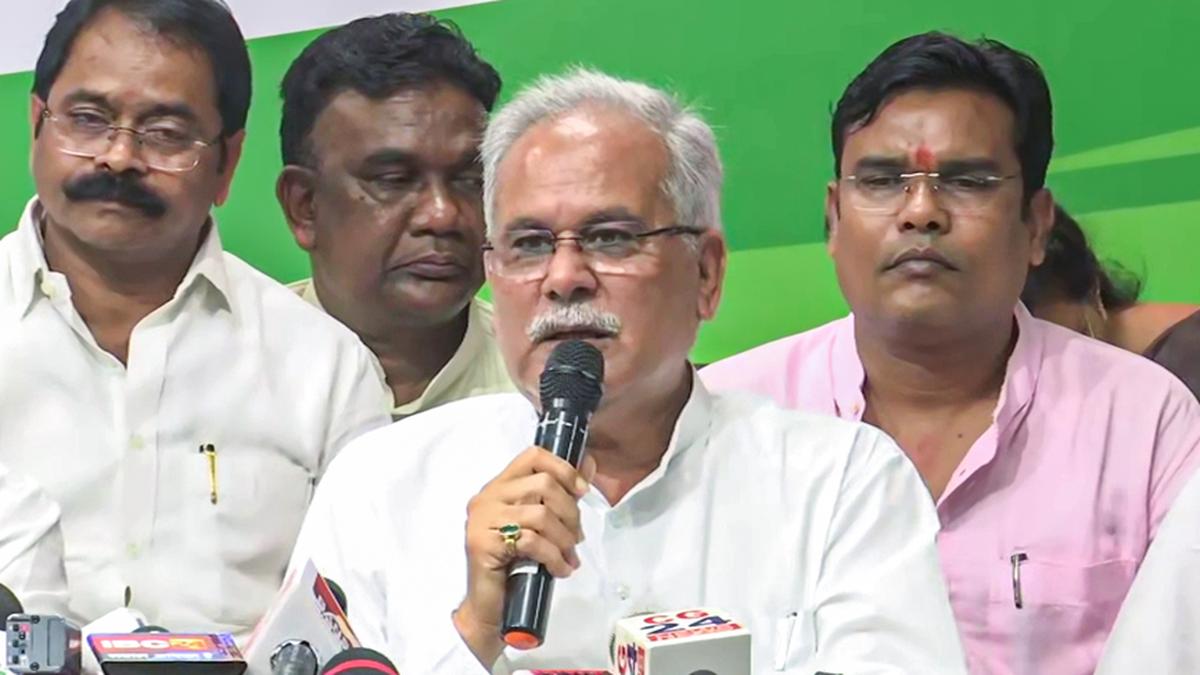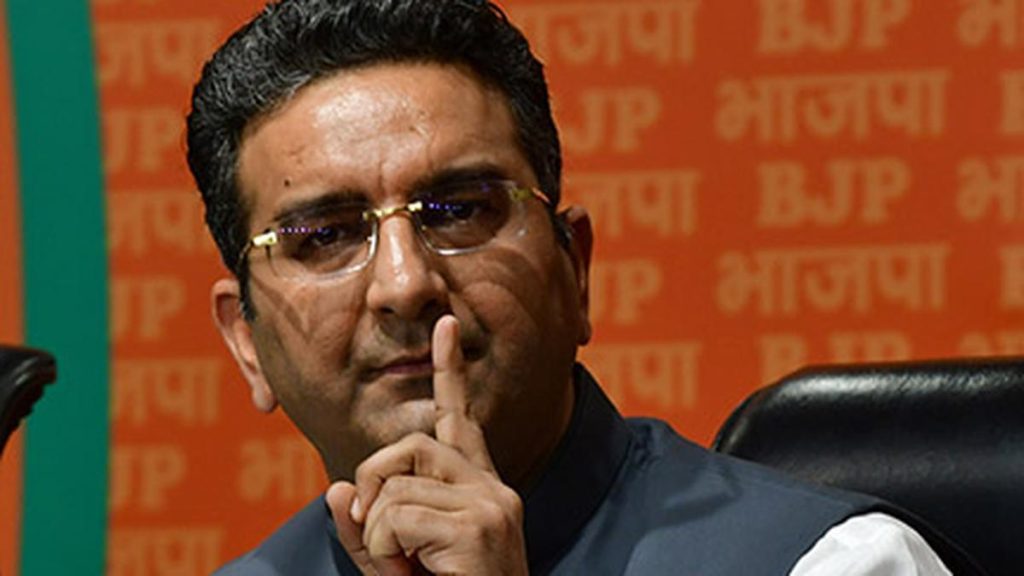Now Reading: SC to Hear Bhupesh Baghel’s Plea on Self-Incrimination in PMLA
-
01
SC to Hear Bhupesh Baghel’s Plea on Self-Incrimination in PMLA
SC to Hear Bhupesh Baghel’s Plea on Self-Incrimination in PMLA

Swift Summary
- Supreme Court Plea Examination: The Supreme Court agreed to review former Chhattisgarh Chief Minister Bhupesh Baghel’s plea, which challenges Sections 50 and 63 of the Prevention of Money Laundering Act (PMLA) on grounds that they violate essential rights against self-incrimination under Article 20(3) of the Constitution.
- Provisions Under scrutiny: Sections 50(2) and 50(3) compel individuals to provide answers and documents under penalty, which Baghel argues infringes constitutional rights.
- Linked Petitions: The Bench led by Justice Surya Kant will hear the plea alongside other petitions challenging provisions in PMLA on August 6.
- Separate Petitions Rejected: The supreme Court refused pleas from Mr. Baghel and his son Chaitanya Baghel about “piecemeal investigations” by ED in the Chhattisgarh liquor scam case. They claimed prolonged investigations are violating Articles 14, 20, and 21 (equality, personal liberty, fair trial).
- Directive for State High Court: The court directed the Baghels to approach the High Court regarding concerns about extended litigation in their case.
Indian Opinion Analysis
The legal growth surrounding the prevention of Money Laundering Act has meaningful implications for India’s balance between investigatory powers and individual constitutional protections. Former Chief Minister Bhupesh Baghel’s petition highlights tensions between anti-corruption measures spearheaded by investigative agencies like ED and fundamental rights enshrined in Articles such as protection against self-incrimination. While it is crucial for laws like PMLA to uphold accountability around possibly damaging financial crimes like money laundering or scams, concerns over misuse or overreach could shape how future legislation governing investigation frameworks is structured.
The rejection of separate petitions alleging harassment due to fragmented investigations underscores a broader question – whether existing procedural safeguards under laws like CrPC sufficiently protect against potential jurisdictional ambiguities or arbitrary actions during prolonged probes. observations from these cases may inform courts ahead regarding aligned reforms aimed at balancing individual liberties with robust prosecution mechanisms.
For further details on this story read more here.
























